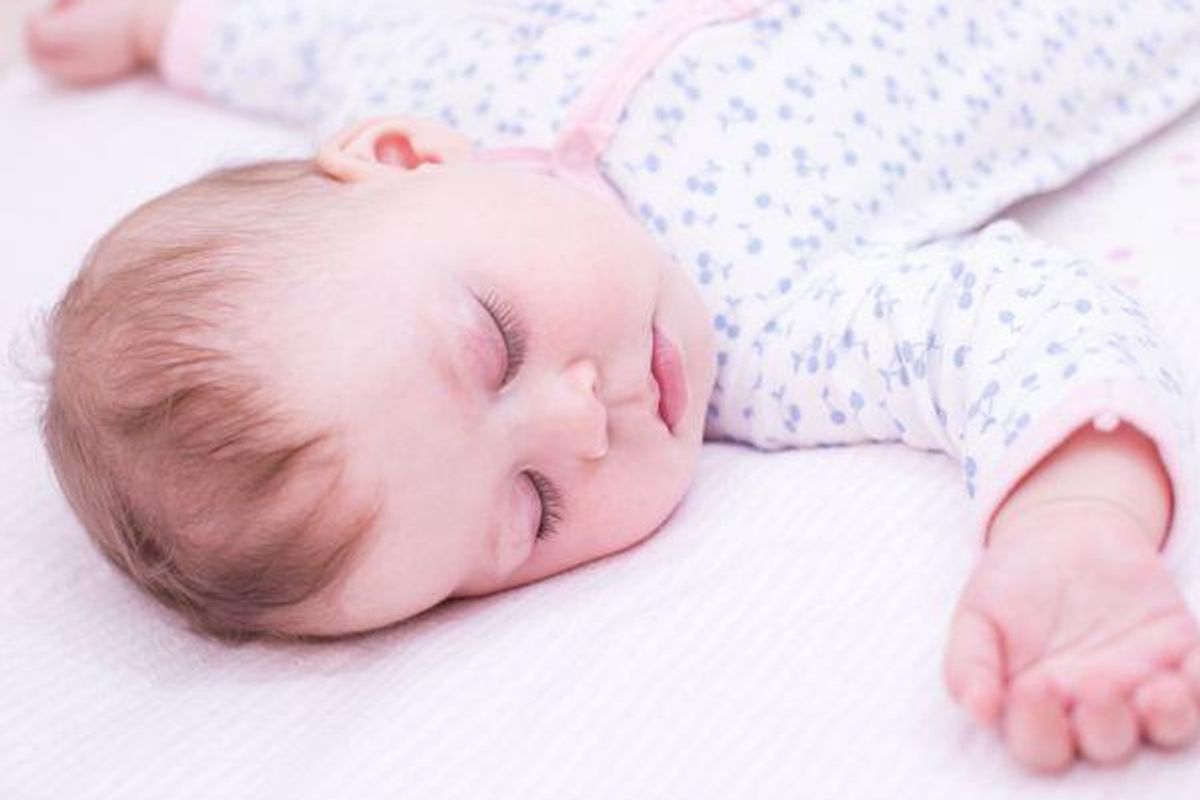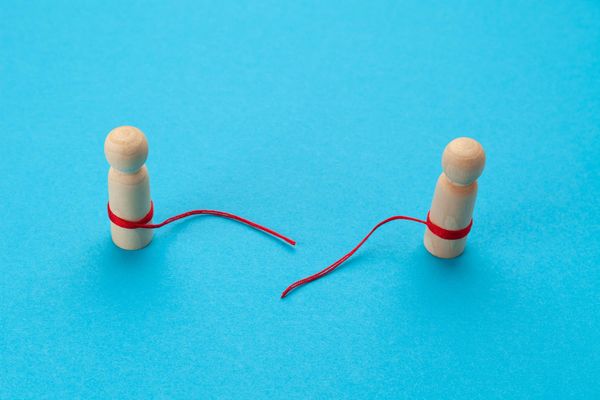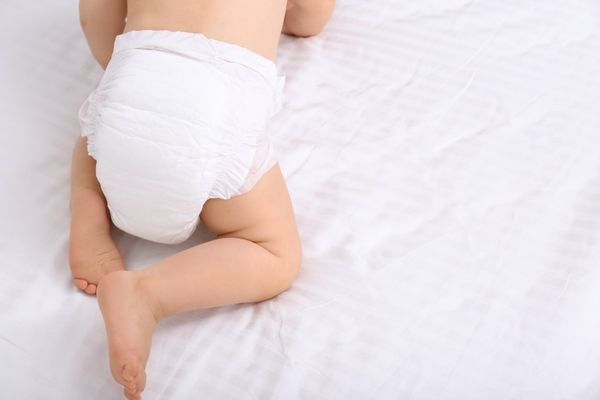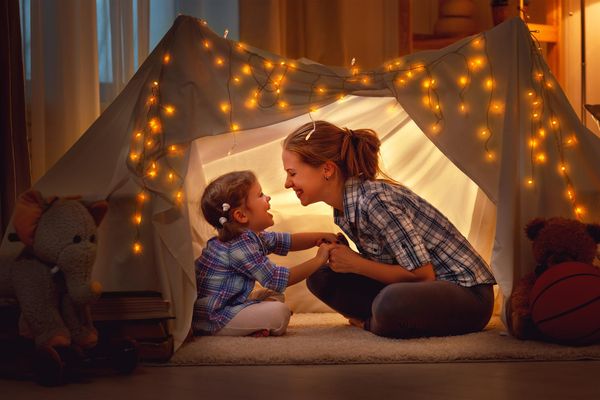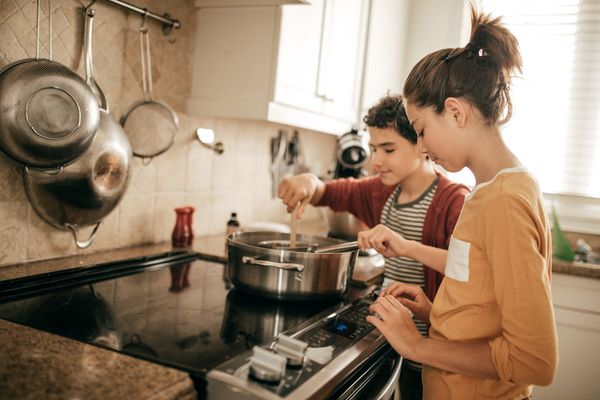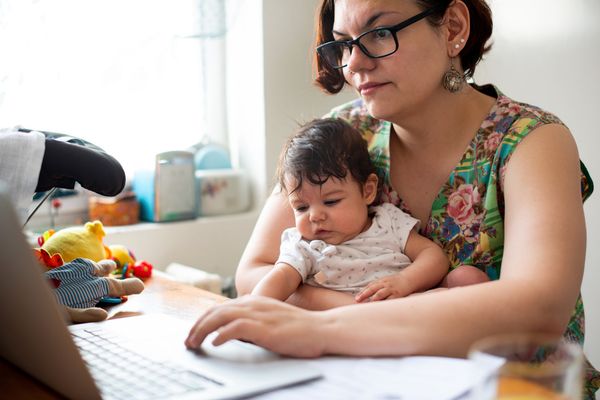If you have any hope of sleeping while your baby sleeps, you have to be 100 percent certain your little one is out of harm's way while she's snoozing.
Before you start rocking and singing your baby to la-la-land, make sure you're following these important sleep safety tips.
Use a firm mattress. The safest place for your baby to sleep is on a firm mattress. Babies who sleep on a soft surface, like a couch, are more like to die of sudden infant death syndrome (SIDS) or other sleep-related causes of infant death.
Use a crib, bassinet or co-sleeper. Car seats, swings and carriers should not be used as everyday sleep areas.
Use only a fitted sheet. The only thing in your baby's crib should be a fitted sheet. Never put blankets, pillows, toys or crib bumpers in your baby's sleep space. Similar to soft sleep surfaces, these can increase the likelihood of SIDS.
Keep her out of your bed. While it's tempting to cuddle with your little one, it is dangerous to do so for many reasons. For example, if you too fall asleep, you could roll onto your baby or the blankets could go over her face. In any case, provide her with her own sleep space.
Give yourself a visual. Either have your baby's crib or bassinet in your room or have a video monitor so you can check in periodically to ensure your baby is sleeping safely.
Dress her in one piece of clothing. Your little one should wear a one-piece sleeper and may be wrapped in a swaddle for extra warmth and comfort. When using a swaddle, make sure it is well below the neckline so it won't cover the baby's face.
Check the thermostat. An overheated baby will not sleep well. Even though you may think she is tiny and needs it a little warmer, she doesn't. Keep the thermostat at a temperature you find comfortable.
Place her on her back. Your baby should always be placed to sleep on her back to help prevent SIDS. Because most babies can't fully lift their heads, this ensures their air passages aren't blocked.
Follow all of these tips for naps and nighttime and you can rest easy and get some sleep yourself—or at least try to!

